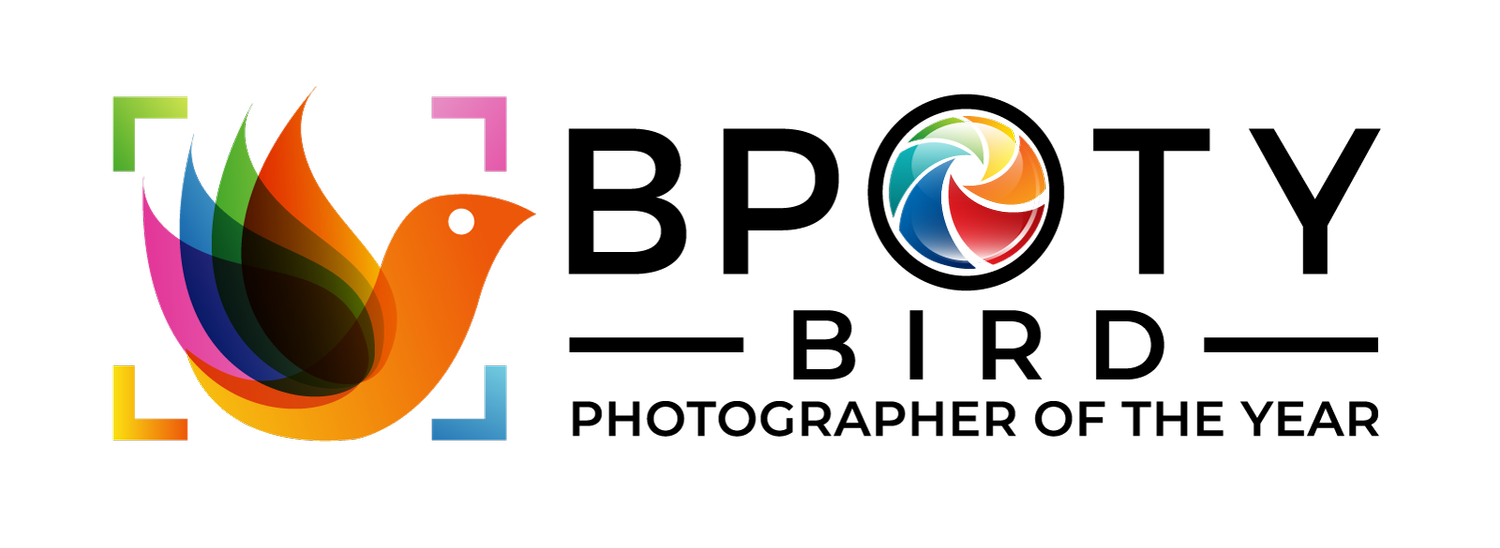Photography, Mental Well-being and Me
Simon Beedie
A few years ago, I was diagnosed with mild to moderate hearing loss, and to add to this challenge I also suffer from tinnitus. While this is not unusual (roughly 6 million Brits have tinnitus) it does sometimes have a detrimental effect on me. Without going into too much detail, it affects people in different ways and for me the result is a constant, relatively high-pitched tone. It varies in intensity, the upper level reaching the point where I can be hear it over most other noises. In all honesty, at times it can drive me crazy. So what does this have to do with photography? Let me try to explain.
Distraction. Quite frankly, photography offers me a different focus - no apologies for the pun – because I am using a different sense to offset my ears, which don’t work properly. Since I took up photography I have tackled a range of subjects, but increasingly these days wildlife and in particular birds are what I concentrate on. Photography in all its forms is a form of escapism for me, the distraction I crave from tinnitus. But no other branch of photography works as effectively as wildlife. There have been many words spoken and written on the subject, but I can attest firsthand to the natural world being the greatest salve to almost any troubles that might come your way. For me, pulling on my walking boots and escaping built-up areas, even for a couple of short hours, can lay to rest my personal troubles.
Goldcrest ©Simon Beedie
Life at a slower pace. he beneficial effects of photography are sometimes hard to put into words, but I will try my best to provide an outline. Firstly, the simple act of wandering through an area, or just sitting and observing the comings and goings of the birds, forces me to slow down and take it all in. These days the world is such a now, now, now place, it is really important for me just to stop. And as they say ‘good things come to those who wait’. Finally, when I put the camera to my eye and line up the subject, the world shrinks somehow. Suddenly there is nothing else: just me and that bird, whether it’s a mighty Gannet over the sea at Bempton, or a tiny Goldcrest hopping around looking for insects on my local park, nothing else exists.
Just me. Just the bird. And sound doesn’t matter anymore. Just that brief, visual connection of man and bird through the viewfinder. Simply magical.
And then it is back to sitting, watching and waiting: that slowing down process again. There was a time where I adopted the “spray and pray” approach to photography. But as I have developed as a photographer I have also slowed down. This allows me more time to drink in the natural world and to appreciate what is around me. In turn, this further aids my photographic eye, allowing me observe how the light is falling and notice patterns in bird movements; now I allow myself time to plan my shots, rather than just hoping for a chance encounter. In short it allows me to see the bigger picture, while still appreciating the details.
Gannet ©Simon Beedie
Reliving the experience. And so to home, to download the images from the camera onto the Mac and begin the process of reviewing my shots. This is far from an onerous task. Quite the opposite in fact: it allows me to relive the moment, the sight, sounds and smells, especially after a trip to a seabird colony, or having walked through a Flamingo house! The birds come alive on the screen and I am back there too, escaping once more to those Utopian places, my troubles once again far away.
Flamingo ©Simon Beedie
Reflections. It has been really hard to condense my thoughts into such a small article, but I cannot emphasise enough just how soothing the whole experience of wildlife photography is. Even if it is one of those days where few images are taken or indeed none at all, just the act of being out there is enough. More than enough actually. So my advice is to make time for you and for nature, even if it’s just 30 minutes in your back garden. You will feel all the better for it.
In fact, as free as a bird on the wing.
Simon Beedie. September 2019.




